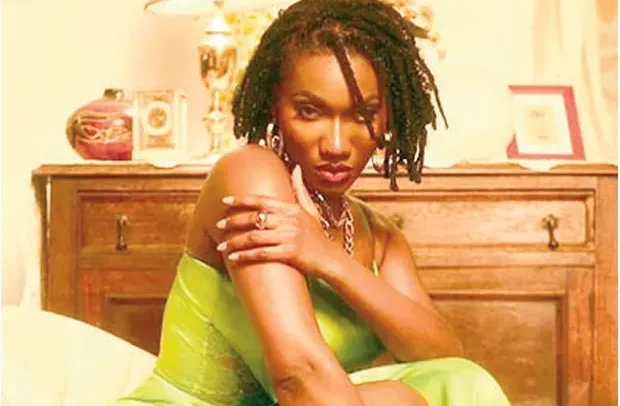Wendy Shay
The Supreme Court has dismissed a suit challenging a ban imposed by the Food and Drugs Authority (FDA) on celebrities advertising alcoholic products in the country via any medium.
The court, presided over by Chief Justice Gertrude Torkornoo, in a 5-2 majority decision found that the FDA’s ban is not unreasonable neither does it contradict Articles 17(1) and 2 of the 1992 Constitution.
The court held that the suit fails in its entirety and subsequently dismissed it. The full decision would be made known on June 21, 2024.
Manager of Reggie ‘N’ Bollie and Skrewfaze, Mark Osae, filed the suit challenging the 2015 FDA decision aimed at protecting minors from being influenced by celebrities to take to alcoholism.
The FDA regulation states that “no well-known personality or professional shall be used in alcoholic beverage advertising.”
He argued, among others that FDA’s ban on celebrities advertising alcoholic beverages is discriminatory against the creative arts industry and denies them of a revenue stream.
Mr. Osae was represented by Bobby Banson while the FDA was represented by Justin Amenuvor.
A seven-member panel of the court, presided over by Chief Justice Gertrude Torkornoo on Wednesday, January 17, adjourned the case to April 10, 2024.
Mark Osae in a writ filed on November 11, 2022, contends that the FDA regulation is inconsistent with and in contravention of Articles 17(1) and 17 (2) of the 1992 Constitution.
He averred that Articles 17(1) and 17(2) of the 1992 Constitution guarantee equality before the law and prohibit discrimination against persons on grounds of social or economic status, occupation, among others, and consequently the FDA regulation is null, void, and unenforceable.
He was, therefore, seeking a declaration that on a true and proper interpretation of Articles 17(1) and (2) which guarantee equality before the law and prohibits discrimination against persons on grounds of social or economic status, occupation, among others, Guideline 3.2.10 of the Guidelines for the Advertisement of Foods published by the 1st Defendant on February 1, 2016 which provides that “No well-known personality or professional shall be used in alcoholic beverage advertising” is discriminatory, inconsistent with and in contravention of Articles 17(1) and 17(2) of the 1992 Constitution, and thus unconstitutional.
He was also seeking a declaration that on a true and proper interpretation of Articles 17(1) and (2), Guideline 3.2.10 of the Guidelines for the Advertisement of Foods published by the 1st Defendant on February 1, 2016 which prohibits well known personalities and professionals from advertising alcoholic products, is inconsistent with and in contravention of Articles 17(1) and 17(2) of the 1992 Constitution which guarantee equality before the law and prohibits discrimination against persons on grounds of social or economic status, occupation amongst others and consequently null, void and unenforceable.
Mr. Osae in his writ prayed the Supreme Court for an order striking down Guideline 3.2.10 of the Guidelines for the Advertisement of foods published by the FDA February 1, 2016 as being inconsistent with and in contravention of the letter and spirit of the 1992 Constitution, and as such should be nullified.
He also wanted an order of perpetual injunction restraining the defendants – FDA and the Office of the Attorney General, their agents or servants or assigns under the pretest of acting under Guideline 3.2.10 of the Guidelines for the advertisement of foods published by the FDA on February 1, 2016 from doing anything to prevent any well-known personality or professional from advertising alcoholic products.
Wendy Shay, Shatta Wale, Brother Sammy, Kuami Eugene, and Camidoh, are among celebrities who have spoken against the law and had called on powers that be to repeal it.
BY Gibril Abdul Razak


